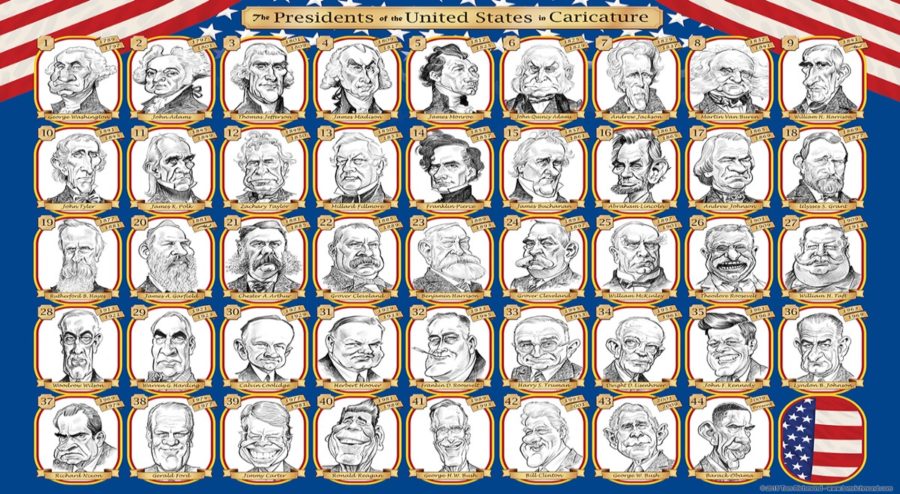We live in an age when social media plays a proportionately large part of our communication. Getting through FaceBook daily would be quick and easy if our “friends” merely shared their own words and photographs, but, besides all the links to both serious and amusing sites, we are inundated with countless memes. Even though many memes are meant to be edifying quotations or platitudes, the glut of spiteful memes during the campaign was practically unbearable.
Unfortunately, political memes tend to be negative attacks against one’s opponent rather than positive affirmations of one’s favorite. Indeed, for centuries now, cartoonists have depicted politicians often as monstrous caricatures with sharply satirical lampoons. Is it morally legitimate to do such things to people who disagree with us? Is all this mud-slinging ethical? Even if their ideas and policies are wrong, are we justified in attacking them personally?
Considering the demands of justice to avoid sins of defamation and contumely, particularly detraction, disparagement, slander, insult, and falsehood, we ought to question the morality or immorality of political memes before creating or sharing such things.
Presidents have always been the target of rude adversaries. Cartoonists exaggerate their features, distorting their most distinctive traits, from Nixon’s nose and jowls to Carter’s teeth, and from Obama’s ears to Trump’s hair. This may at times be as playfully innocent as having our own caricature drawn by an artist at the beach during our summer vacation, but more often than not, it deliberately makes the subject look ugly or silly. Photographers, even without editing a picture, can choose the least complimentary moment to highlight apparently extreme outbursts of emotion. Propagandists have used the same tricks for ages. Words appear more credible when they are arranged amidst colorful flowers on a sunny day than upon a background of Klansmen or swastikas.
The compass by which we can navigate through these turbulent waters is the distinction between the subject and the object. The subject is the person about whom the meme is directed; the object is the belief or action that is opposed. Everyone in the Judeo-Christian tradition is commanded by God to love our neighbors, but that does not mean that we have to like them or agree with them. If we don’t like them or agree, we must still love them with patience and charity. Saint Augustine reminds us to hate the sin, but love the sinner.
Correction is a part of charity, so a meme that tries to teach is good, but tragically, too many memes are composed by hateful people who take things personally. They attack their foes subjectively and mercilessly, trying to make their worst sins public instead of reasonably disputing issues.
Certainly, politicians need to be relatively transparent, and none would dare run for office if he greatly valued his privacy, yet gossiping about the hidden faults of others is a sin of injustice, not a welcome exposé. What some people do in the name of truth is shameful. Although it is not as grave as the original offense, a scandal that is publicized is also scandalous.
Even if a meme discloses the wrong-doing of a public figure, it may also dishonor the office that he holds. Reverence is another part of justice whereby we give due honor to God, his clergy and religious, and to civil servants who dedicate themselves to the common good.
Moreover, vicious memes can be counter-productive because the righteous defend anyone who is treated unfairly. So, keep the fight on the table where we can express and defend our objective differences with justice and charity.
